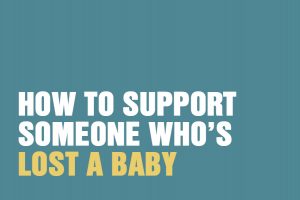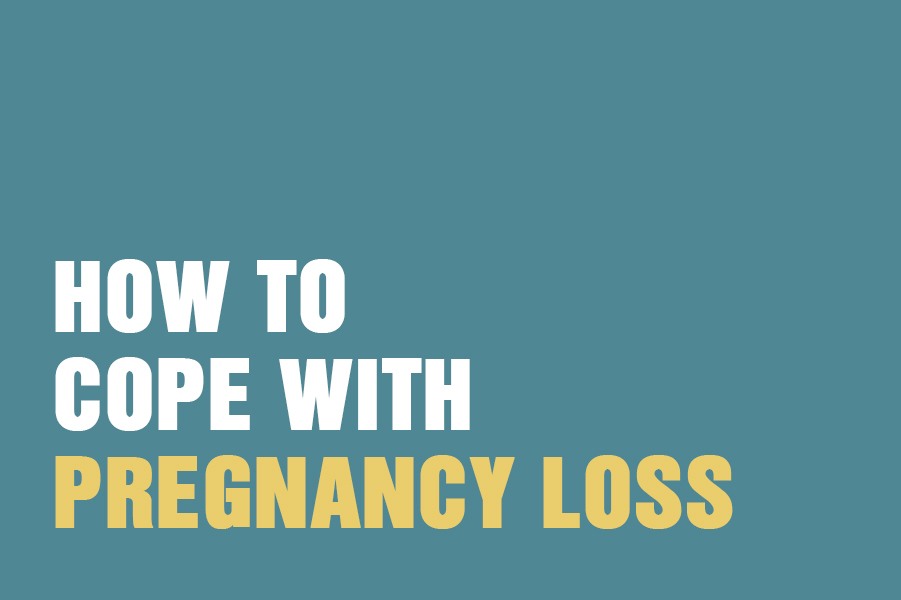In ADHD Awareness Week we look at what Attention Deficit Hyperactivity Disorder is and how to support someone who has it.
A person with ADHD is someone who cannot focus their attention in a concentrated way — their minds are always on the go, their thoughts move fast and they jump from topic to topic. Actually that describes Attention Deficit Disorder, and in ADHD, you also get impulsive and hyperactive symptoms (the H) added in. People with ADHD often describe feeling as if they’re driven by a motor. They will often start a task but not finish it, they feel almost constantly restless, and are frequently distracted. They might also find themselves behaving recklessly or making rash decisions because it is such an effort for them to concentrate, focus and think things through properly.
Other common ADHD symptoms are:
- Trouble concentrating or performing complicated or detailed tasks
- An inability to focus while others are talking to them
- Poor organisational skills
- Frequently losing their possessions
- General forgetfulness
- Restlessness and fidgeting
- Speaking very fast and too loudly
- Impatience
- A tendency to Interrupt
- Constant mind-changing
- Irritability
All of the above can make it very hard to support someone who has ADHD because these symptoms can easily lead to misunderstandings, frustrations, and resentments building up between you. This is especially likely if the symptoms of ADHD have not been properly diagnosed or treated. Your friend, relation or partner with ADHD may feel as if they are being constantly criticised, nagged, and controlled by others (including you). They feel as if whatever they do they cannot please you and perhaps even that you don’t respect them. This can lead them to avoid you and leave you wandering what’s happened to them and your friendship/relationship. In turn you might feel let down by them when they don’t listen to you or don’t do what they say they will.
Tips on supporting someone with ADHD
Study up
The more you learn about ADHD, the easier it will be to see how it is affecting your friend/colleague/loved one. You may find that a light bulb comes on, their behaviour makes a bit more sense now and finally you have an inkling of what it feels like to be them.
Adjust your behaviour accordingly
Now you have an improved understanding of why they are the way they are think about how your constantly trying to ‘correct’ or overcome this might make them feel and talk to them more tolerantly about the things lost or not done.
Separate the person from the symptoms
This way instead of thinking, “Ah, you are so irresponsible!” you will think, “Oh there goes the ADHD making you lose focus again!”
Avoid the parent-child dynamic
Their symptoms may put you in the position of always picking up after them or acting like a parent or guardian stepping in to finish tasks for them or acting to protect them from themselves. Try to become aware of your tendency to do this and resist the temptation. Your taking over can be very demotivating for them, try to be more encouraging.
Find the funny
There will inevitably be miscommunications and misunderstandings but try to laugh about them; this not only relieves the tension it also helps foster a feeling of understanding and closeness between you.
Grade the challenges
Work out with them what tasks/situations, such as handling finances or having phone conversations with strangers, are the most difficult for them and think together on whether other people can take some of that on for them or if there is a way of making those particular areas easier for them to tackle.
Develop a routine
Just because they cannot focus and are frequently disorganised does not mean that someone with ADHD cannot follow a plan. They will benefit from the added structure so help them to plan and schedule in the things they need to get done.
ADHD sufferers often feel overwhelmed by life and misunderstood by others. If this is the case they could really benefit from therapy to support them. Encourage them to get in touch with our team to book an initial appointment. You can reach us on 020 8673 4545 and [email protected].







